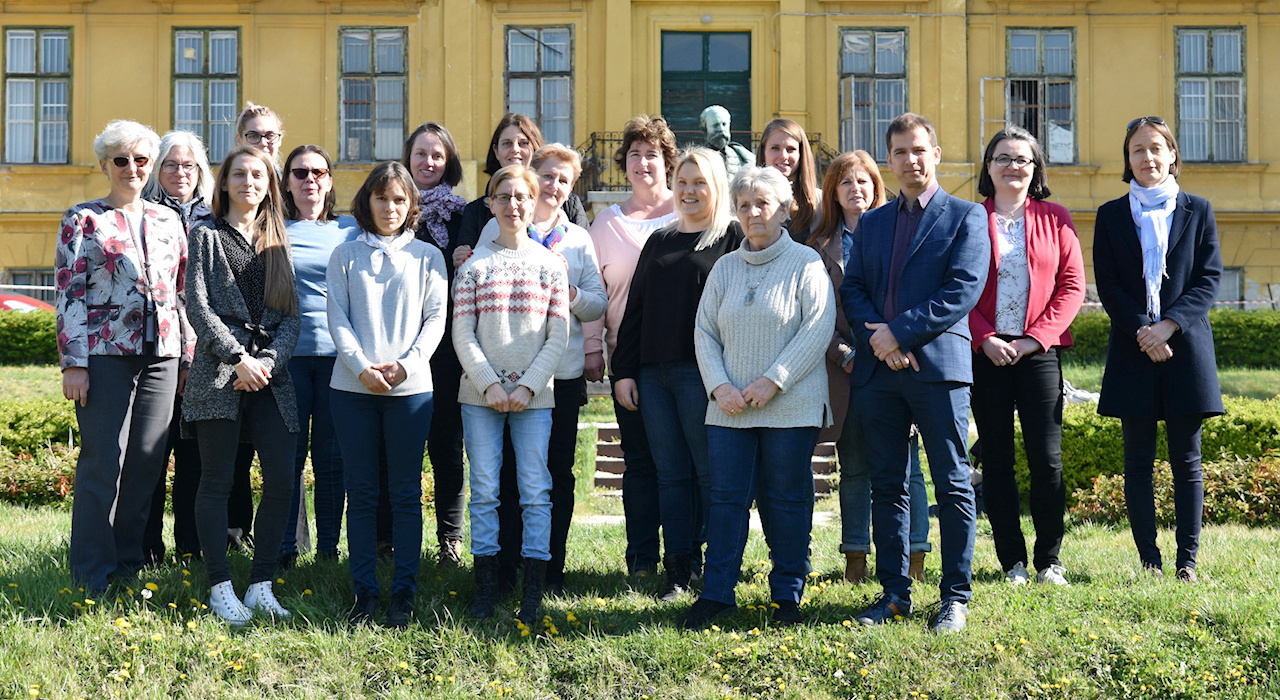Chemistry and Analysis - Institute of Food Science and Technology
Department of Food Chemistry and Analysis

Department of Food Chemistry and Analysis
The educational work of the Department of Food Chemistry and Analysis includes the theoretical and practical teaching of the chemical and analytical subjects in ‘Food engineer’ and ‘Bioengineer’ BSc programs and we are one of the principal providers to competencies related to analytical food quality assessment, risk analysis and quality assurance in 'Food Safety and Quality Engineer' MSc program and we also provide analytical chemistry related modules in the 'Food engineer' MSc program. In addition, we also provide courses in 'Food science' PhD programs.
In addition, we provide courses in the chemistry-related training of Horticultural engineers, Viticulturists and Oenologists BSc students and we play a crucial role in the education of plant protection chemistry in the Plant Doctor MSc program. All of our courses are available in English.
Our well-equipped analytical laboratory should be highlighted, which includes analytical systems for elemental analysis, mass spectrometry, liquid and gas chromatography and near infrared spectroscopy. We are also able to examine the digestive properties and accessibility of nutrients and pollutants with our human digestion simulation model, or even determine the surface wetting properties of liquids using droplet shape testing procedures.
We have incorporated all these analytical skills into the educational activities. It means, in the framework of our practical sessions, which form an important part of our training programmes, we provide many opportunities to students improve their theoretical as well as the practical knowledge on the most important methods used in analytical food quality assessment and generally in food science.
Research is of outstanding importance in our department. Examples of our research activities include understanding the factors that influence the nutritional value of our foods (such as the quality of the ingredients, processing or the addition of bioactive substances), or developing methods that may be suitable for providing information on the origin of food ingredients. We are actively involved in a number of applied research projects and product developments that target products with higher nutritional value or health benefits, or reduce agricultural and food waste, as well as in projects that aim to develop technologies that can help improve the effectiveness of pesticides.

